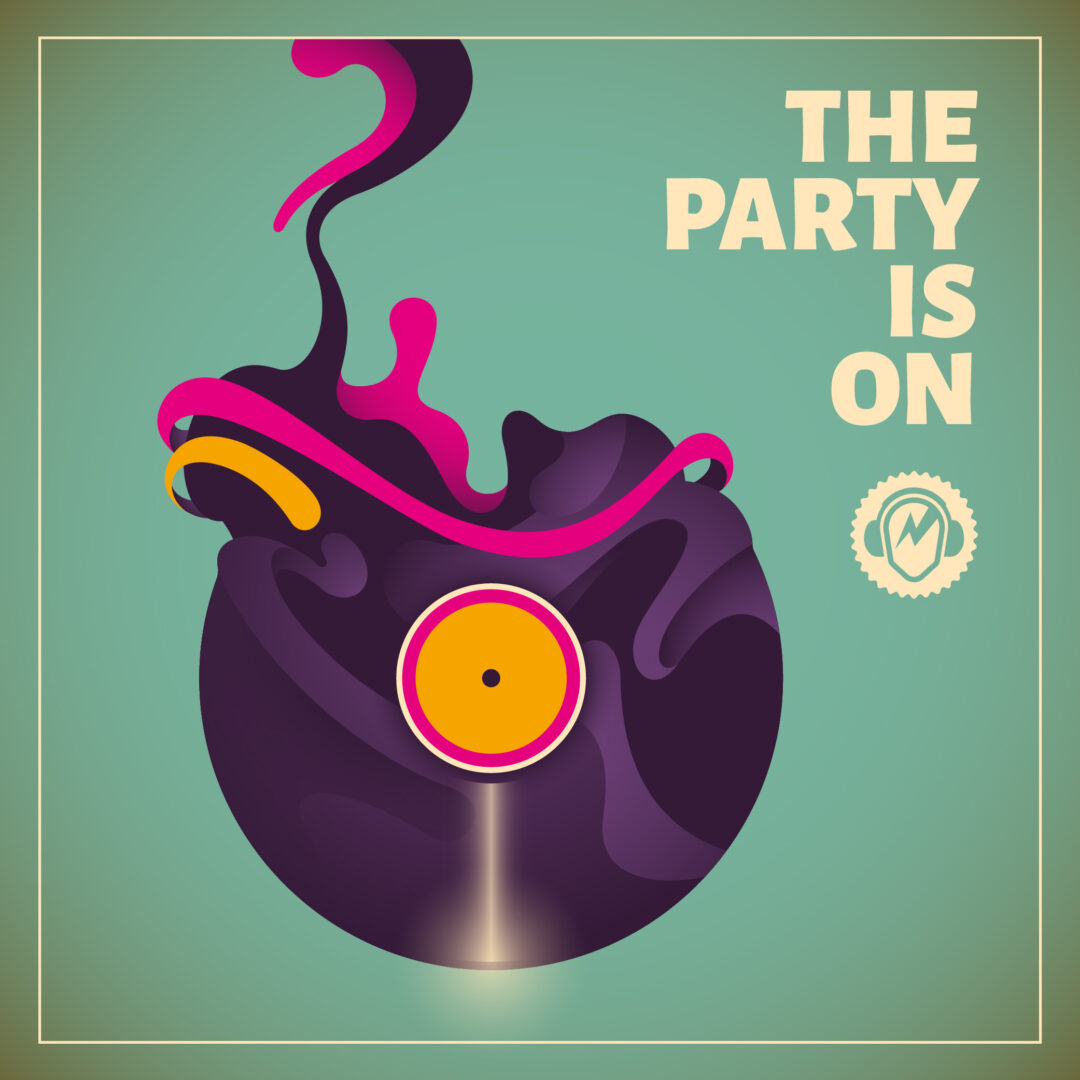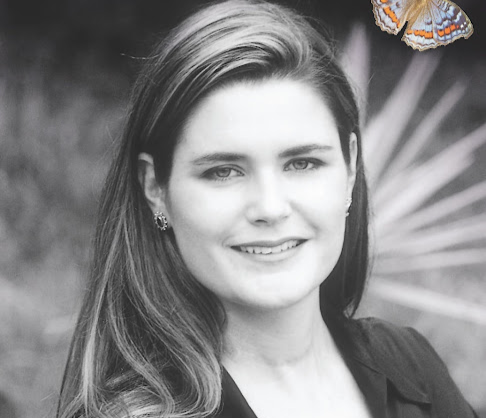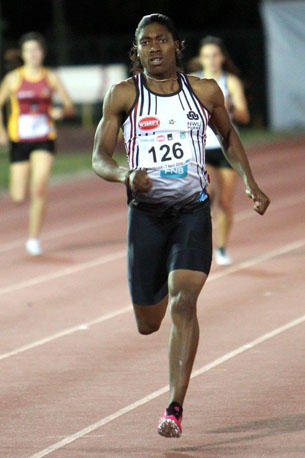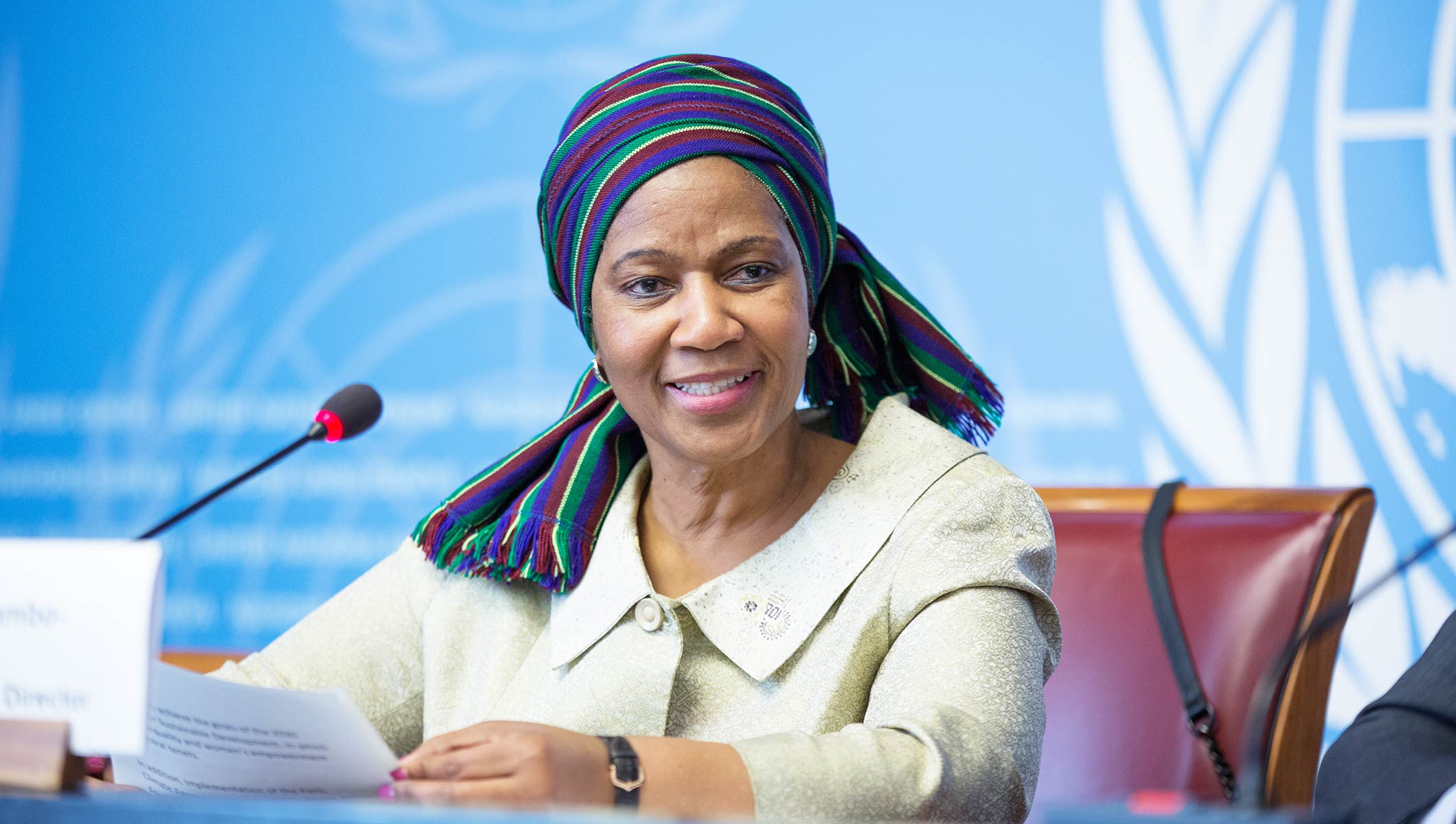-
 play_arrow
play_arrow
PUKfm
-
 play_arrow
play_arrow
London Calling Podcast Yana Bolder
-
 play_arrow
play_arrow
Summer Festival Podcast Robot Heart
-
 play_arrow
play_arrow
Electronic Trends Podcast Aaron Mills
-
 play_arrow
play_arrow
New Year Eve Podcast Robot Heart
-
 play_arrow
play_arrow
Techno Podcast Robot Heart
-
 play_arrow
play_arrow
Flower Power Festival Podcast Robot Heart
-
 play_arrow
play_arrow
Tech House Podcast Robot Heart
-
 play_arrow
play_arrow
Winter Festival Podcast Robot Heart
Abygail Smit
@Abysmit06
The 9th of August is more than just a date on the calendar — it’s a day that carries the weight of history for women across South Africa. Women’s Day is both a celebration of the remarkable women among us, and a solemn reminder of the journey it took to get here.
“When we see a woman, we see the future.” These words from Desmond Tutu, the beloved South African bishop and activist, capture not only the promise women hold but also the immense struggles they have endured. In 1910, the South African pass laws were extremely harsh towards black men and women, especially in what is now known as the Free State. Black women decided to act on these laws in 1912 by drafting a petition for the Minister of Native Affairs to relieve some of the pass rules. On April 3 1913, six women together with Walter Rubusana, met with the Minister of Native Affairs with over 5000 signatures, and the government promised to investigate the complaint. Sadly, the issue wasn’t resolved.
In May 1913, many men and women were arrested due to pass law violations throughout the Free State. Following these arrests, black African women held a meeting in Waaihoek, where they expressed their anger towards the government. From there, a group of 200 women marched into town, demanding to see the mayor. When they received no response, they continued to the police station. In an act of protest, these women tore up their passes and threw them on the ground as a demonstration of their suffering and indignity.
The next day, 600 women, led by Mrs. Molisapoli, marched and chanted slogans all the way to the magistrate’s court, where their comrades were on trial. As a result of these women’s actions, on March 3 1914, the Prime Minister proposed that all pass laws be investigated.
Years later, we see another example of how South African women showed their leadership during the 1956 march in Pretoria. This march was a spectacular success, with up to 20 000 women walking in traditional dresses, congress colors and even saris, filling up the amphitheatre at the Union Buildings.
In 1994, the Truth and Reconciliation Commission (TRC) was established, followed by the creation of the Commission for Gender Equality (CGE). In 2005, President Thabo Mbeki made history by appointing South Africa’s very first female deputy president of South Africa, Phumzile Mlambo-Ngcuka. Today, 33% of the cabinet is made up of women, making it one of the most formidable in Africa.
South African women’s influence reaches far beyond politics. Middle-distance runner Caster Semenya, a two-time Olympic gold medallist and three-time World Champion in the women’s 800 meters, stands as a sporting icon. An alumna of North-West University (NWU) and the first Olympic champion in the institution’s history, Semenya’s name is etched on the university’s Wall of Fame.
Another South African icon is the brave Alison Botha. On 18 December 1994, after enduring a brutal assault and multiple stab wounds, she managed to crawl to the nearest road to seek help and miraculously survived. Since then, she has become a national symbol of power and bravery for each woman who has suffered an assault. After successfully putting her attackers behind jail, Botha has written books and hosted talks that not only reassure women of the support they have, but also raise awareness of what women tend to experience in our world.
From the streets of Waaihoek to the Union Buildings, from the sports track to the speaker’s podium, South African women have broken laws that sought to break them, shattered records that seemed untouchable, and carried the weight of causes larger than themselves. They have done it all under the shadow of prejudice — and yet they have prevailed.
South African women of today should take inspiration from their past and continue shaping a better world. As Desmond Tutu said, “When we see a woman, we see the future.”

Alison Botha’s book “I Have Life: Alison’s Journey” (Source: Penguin Random House South Africa)

Caster Semenya competing at NWU (Source: NWU)
Edited by Isabel Burgers and Mhlengi Khumalo
Written by: Wapad
Similar posts
Recent Comments
Chart
-
-
-
 play_arrow
play_arrow
I Had Some Help (feat. Morgan Wallen) Post Malone
-
-
-
 play_arrow
play_arrow
Not Like Us Kendrick Lamar
-
-
Top popular

VARSITY CUP TICKET RESELLERS AND BUYERS – MAY BE DENIED ACCESS

UNANSWERED AND UNSPOKEN: NWU’S SILENCE ON SUSPENSION OF SCC STUDENT LEADER

NWU EXPELS STUDENT LEADER AFTER INTERNAL FINDING OF SEXUAL MISCONDUCT

MARCHING FOR JUSTICE AND POLICE ACCOUNTABILITY: THE TRUTH BEHIND THE TMM LOFTS PROTEST

DEGENAAR PRAAT OOR DIE NA-SKOK VAN ‘N TRAGEDIE






Post comments (0)